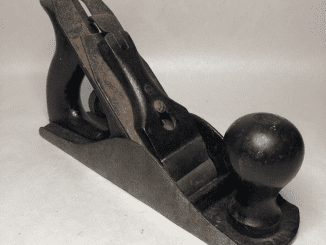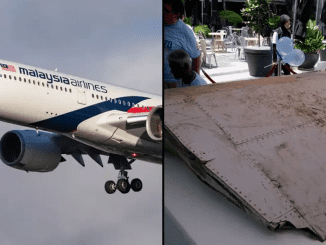When the heat starts to rise, the first thing many of us think about is cranking up the air conditioner. But have you ever wondered if you’re using your air conditioning system the right way? More specifically, should you leave the air conditioner unit outside? While this might seem like a no-brainer to some, many homeowners unknowingly make mistakes when it comes to the placement of their AC unit. This article will dive deep into whether leaving the air conditioner outside is a good idea, why some homes make mistakes, and what you should do for optimal cooling and efficiency.
Why Air Conditioner Placement Matters
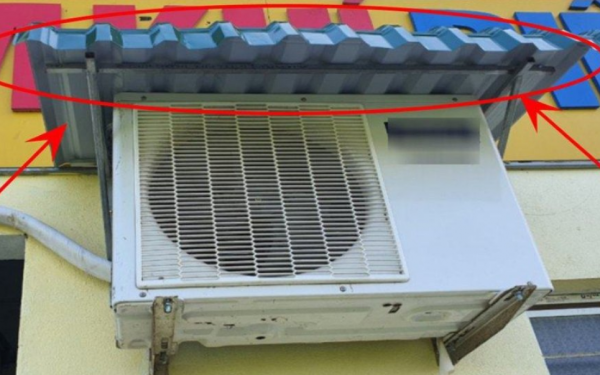
When installing an air conditioning unit, its placement can significantly affect its efficiency and longevity. If the air conditioner is not positioned properly, it may not cool your home effectively. Additionally, improper placement can lead to higher energy consumption, more wear and tear on your system, and potential damage to your home. The right placement helps the AC work optimally and can even extend its lifespan.
Is It a Mistake to Leave Your Air Conditioner Outside?
One common mistake many people make is leaving the air conditioning unit too exposed to the elements. While it’s inevitable that the outdoor unit will be located outside (because it needs ventilation), how it’s placed matters. For example, placing your unit in a spot where it’s constantly exposed to the sun, dust, and debris can significantly reduce its performance. So, is it a mistake? Well, yes, if you’re not taking the proper precautions.
Why Exposing Your AC Unit to Direct Sunlight Can Be Harmful
If your air conditioner is sitting in direct sunlight, you’re unintentionally making it work harder than necessary. The outdoor unit is designed to expel heat from inside your home, but when it is exposed to sunlight, it absorbs more heat from the environment. This creates a vicious cycle where your AC unit has to work overtime to expel both the internal and external heat, leading to increased energy consumption and faster wear.
To avoid this, try to place your AC unit in a shaded area. Even a tree or wall can provide enough cover to keep the unit cool. This small change can make a big difference in how efficiently your system operates.
The Importance of Keeping Your AC Unit Clear of Debris
Another mistake is neglecting the space around your air conditioner. The outdoor unit requires airflow to perform its job effectively. If it’s surrounded by leaves, twigs, or even tall grass, airflow will be obstructed. This restricts the AC’s ability to expel heat, causing it to work harder and potentially overheat.
Regularly cleaning the area around your AC unit is a simple but effective solution. Ensure that no debris is blocking the vents or coils. This will allow the system to work efficiently, cooling your home faster and saving you money on energy bills.
Should You Cover Your Air Conditioner During the Winter?
There’s a debate about whether or not you should cover your outdoor air conditioning unit during winter. While it may seem like a good idea to protect your system from the elements, it’s important to know that most modern air conditioners are built to withstand the weather. In fact, covering your AC unit can sometimes do more harm than good. Covers can trap moisture inside, which could lead to mold growth and rusting components.
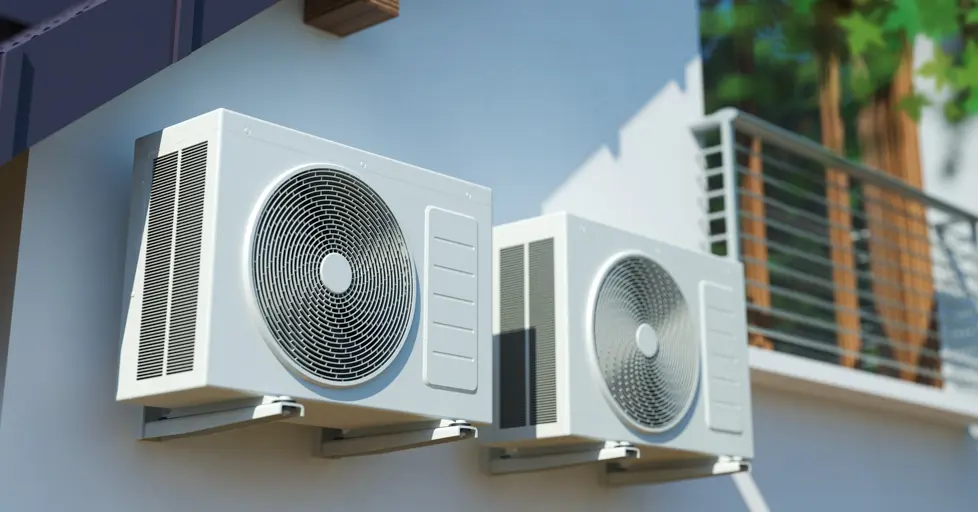
However, if you’re concerned about debris or heavy snow, you can use a cover designed specifically for outdoor units. Just be sure to remove it once the winter season is over to avoid moisture buildup inside the unit.
How to Choose the Right Spot for Your Air Conditioner
Choosing the correct spot for your outdoor air conditioning unit is crucial for long-term performance. Here are a few factors to consider when selecting a location:
- Shading: As mentioned earlier, placing your AC in a shaded area will help it run more efficiently.
- Ventilation: Make sure the space around the unit allows for proper airflow. Avoid placing it in tight corners or areas with limited airflow.
- Avoiding Obstructions: Ensure that no trees, plants, or walls block the air conditioner’s airflow.
- Level Ground: Your unit should be placed on a flat, level surface to avoid strain on the system and ensure even cooling.
What Are the Common Mistakes to Avoid?
While it’s clear that proper placement is key to maximizing your AC’s efficiency, many homeowners still make common mistakes. Here are some of the most frequent errors:
- Too Much Sun Exposure: As we discussed, leaving your unit in direct sunlight can make it work harder and reduce its efficiency.
- Clutter Around the Unit: A cluttered space prevents your AC from properly ventilating, which can lead to overheating and poor performance.
- Improper Installation: Sometimes the placement of the unit itself is the problem. If the installation is incorrect, it can lead to long-term damage to the system.
- Covering the Unit in Winter: While it’s important to protect your AC from debris, a cover can trap moisture inside and cause more harm than good.
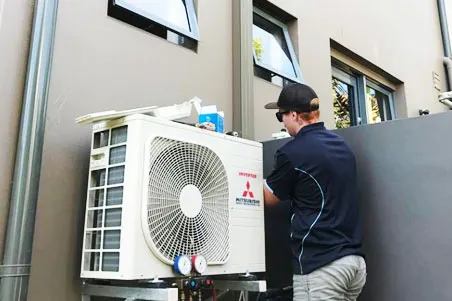
Conclusion: Proper Placement Equals Better Performance
To wrap things up, it’s clear that where you place your air conditioner matters. Simply leaving the air conditioner outside isn’t enough—you need to consider several factors to ensure it operates efficiently and lasts longer. Avoid placing your unit in direct sunlight, make sure the surrounding area is clean and free of obstructions, and ensure that it is installed properly. With the right setup, you’ll enjoy cooler temperatures without worrying about high energy bills or costly repairs.
Remember, the goal is to keep your air conditioning system running smoothly, and that starts with making sure it has a good environment to function in. So, before you fire up your AC next summer, take a moment to assess its placement. Your home—and your wallet—will thank you.

